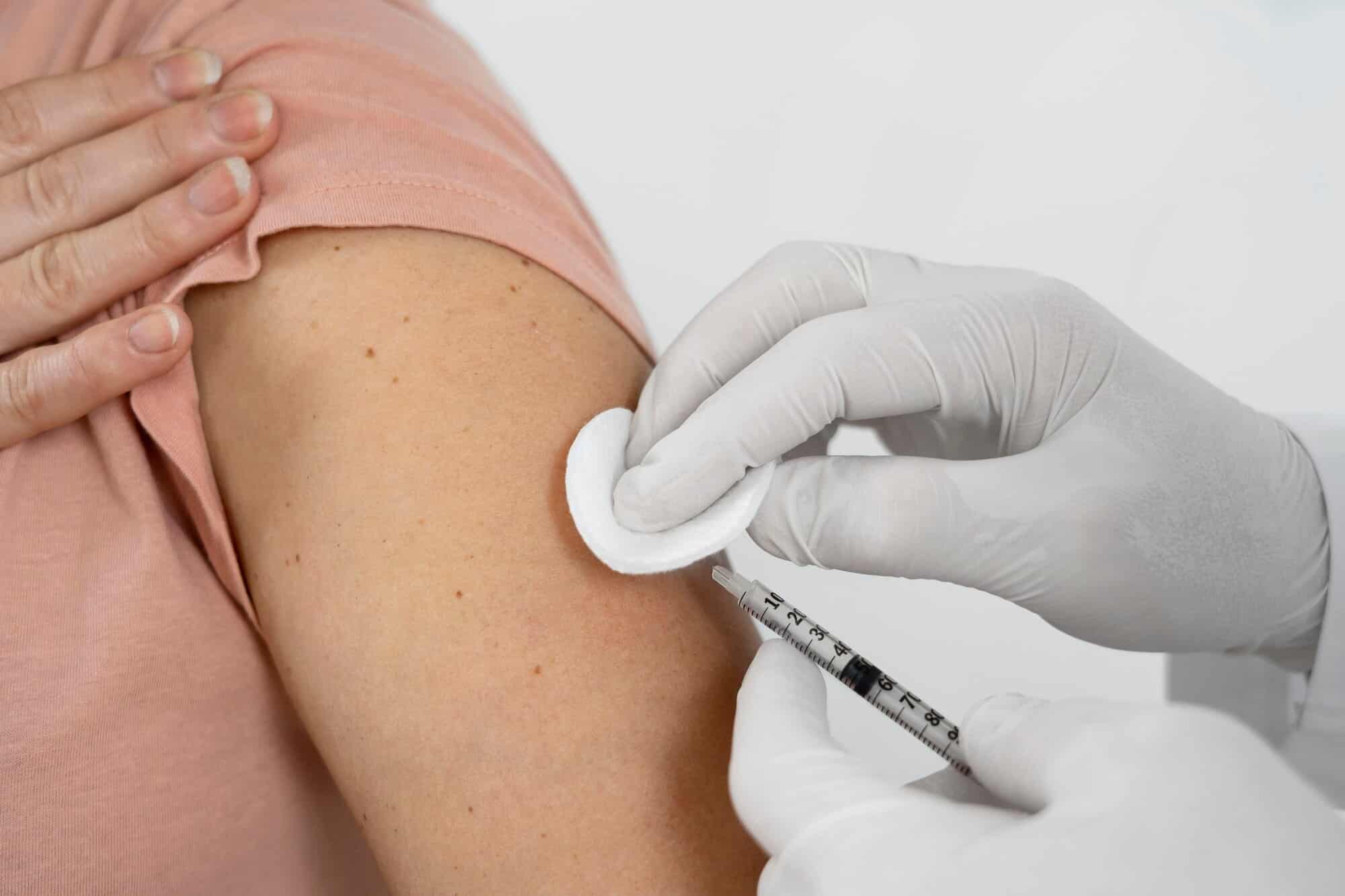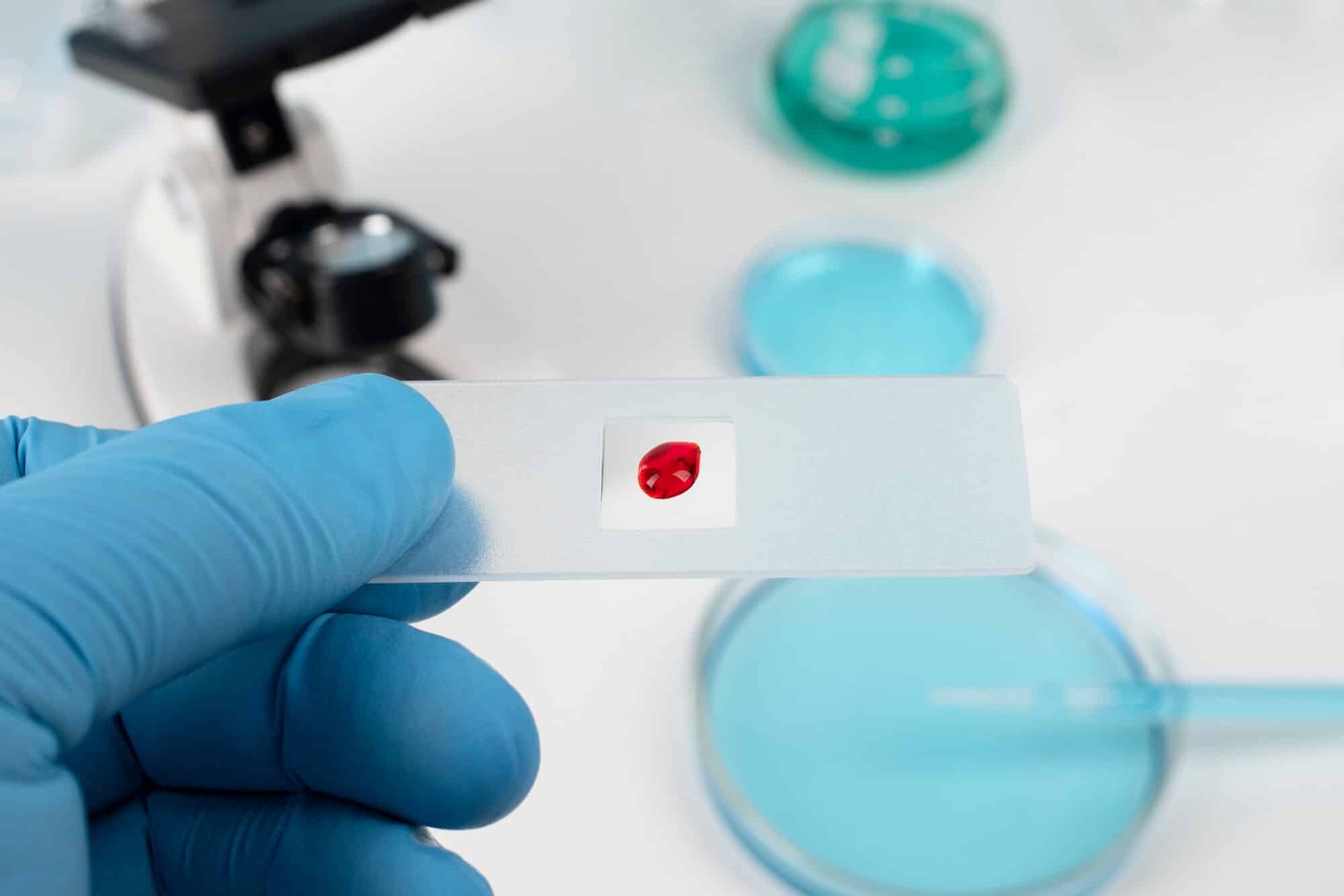
Gonorrhea is a common sexually transmitted infection (STI) caused by bacteria spread through bodily fluids, including vaginal fluid and semen. Symptoms of gonorrhea can differ depending on your reproductive organs, but in many cases, it does not cause any symptoms. Untreated gonorrhea can result in long-term complications. However, with the help of an early diagnosis and proper treatment, individuals can prevent complications and make a full recovery.
What Is Gonorrhea?
Gonorrhea, sometimes referred to as “the clap,” is a common STI that can affect sexually active people of any age. Approximately one million new gonorrhea infections occur every year in the United States.
The infection is spread through bodily fluids during anal sex, oral sex, vaginal sex, or when sharing sex toys with an infected individual. Pregnant women who have an active infection can also pass it on to their babies during childbirth.
Gonorrhea is often asymptomatic, which allows it to spread more easily. It is usually easy to treat, but delays in treatment can sometimes result in serious, lifelong health complications, including infertility.
Symptoms of Gonorrhea
Symptoms of gonorrhea differ according to your biological sex traits.
Gonorrhea Symptoms in Females
Symptoms in individuals assigned female at birth include:
- Increased vaginal discharge
- Pain during sexual intercourse
- Bleeding between periods
- Pain or burning while urinating
- Pain in the lower abdomen or pelvis
Gonorrhea Symptoms in Males
Symptoms in individuals assigned male at birth include:
- White, yellow, or green discharge from the penis
- Pain or burning when urinating
- Testicular pain and swelling
- Inflammation (swelling) of the foreskin
Gonorrhea Symptoms in Females and Males
- An itchy or sore throat
- Trouble swallowing
- Anus discharge
- Itching in the anus
- Pain during bowel movements
- Pain in the joints
Treatment for Gonorrhea
Gonorrhea can be cured with prompt treatment. You will need antibiotics to treat your infection. If you have been having unprotected sex while infected, your partner(s) may require treatment as well.
Gonorrhea Treatment for Adults
The CDC (Centers for Disease Control and Prevention) recommends that gonorrhea infections in adults be treated with a shot of ceftriaxone, a type of antibiotic. Individuals who are allergic to ceftriaxone may receive a combination of gentamicin and azithromycin to treat the infection. In some cases, gonorrhea co-occurs with chlamydia, so your healthcare provider may prescribe additional medication like doxycycline.
It is important to follow the treatment methods recommended by your doctor to clear the infection. While treatment may not undo existing damage caused by the infection, it can prevent further complications.
Gonorrhea Treatment for Infants
Newborns can contract gonorrhea if their mothers have an untreated infection. Infants with infected mothers should be given ceftriaxone as treatment.
Potential Complications of Untreated Gonorrhea
Gonorrhea should be treated as soon as the infection is diagnosed. If left untreated, it can cause lifelong complications and even be life-threatening.
Pelvic Inflammatory Disease in Females
Untreated sexually transmitted infections, including gonorrhea, can cause pelvic inflammatory disease (PID) in females. PID is an inflammatory disorder of the upper female reproductive tract, including the uterus, fallopian tubes, and ovaries. It can cause scar tissue and pockets of infected fluid to develop in the reproductive tract, leading to permanent damage.
Epididymitis in Males
Males of any age can suffer from epididymitis caused by a bacterial infection like gonorrhea. Epididymitis is an inflammation of the coiled tube at the back of the testicles. Symptoms may include a swollen, discolored, or warm scrotum and testicle pain or tenderness.
Infertility and Ectopic Pregnancies
Untreated gonorrhea can result in infertility in both males and females. In females, it also increases the risk of ectopic pregnancy (pregnancy outside of the uterus), which can be life-threatening if left unaddressed.
Increased Risk of Contracting HIV
Gonorrhea makes the mucous membranes more sensitive, which makes it easier for HIV to enter the body. As a result, gonorrhea increases the risk of contracting HIV.
Disseminated Gonococcal Infection
A disseminated gonococcal infection (DGI) occurs when gonorrhea invades the bloodstream and spreads to different parts of the body, leading to severe problems like septic arthritis, skin lesions, and endocarditis, a life-threatening inflammation of the inner lining of the heart’s chambers and valves.
Preventing Gonorrhea
If you are sexually active, some measures you can take to reduce the risk of contracting and spreading gonorrhea are as follows:
- Always use a condom or dental dam during sex
- Do not have sex with someone who has an active STI
- Avoid having sex with someone showing symptoms of gonorrhea
- Limit your number of sexual partners
- Communicate openly about sexual activities with your partner(s)
- Get tested for gonorrhea periodically and ask your partner(s) to get tested as well
- If you have been diagnosed with gonorrhea, avoid sexual activity until you finish treatment
Get Treated for Gonorrhea at Equality Health
Gonorrhea is easy to treat, but it can become a deadly infection if it goes untreated for a long time. Untreated gonorrhea can lead to many complications and cause lasting damage. If you are sexually active, you should get tested periodically. If you are experiencing symptoms of gonorrhea, you should seek medical attention immediately. At Equality Health, we specialize in diagnosing and treating sexually transmitted infections, like gonorrhea, to help our patients regain their health and take control of their sexual well-being. Make an appointment today and take charge of your sexual health.
Frequently Asked Questions (FAQs)
Symptoms of gonorrhea usually appear within two weeks of being infected. However, in many cases, they do not appear until months later. Gonorrhea can also be asymptomatic. Around 10% of men and 50% of women who have been infected will not experience any obvious symptoms. Therefore, regular testing is necessary for early detection and treatment.
Yes, you can have gonorrhea even if you’ve already been treated for it once. This can happen if you have sex without protection with a person who has gonorrhea.
No, gonorrhea does not spread through casual contact. It spreads through bodily fluids during oral, anal, and vaginal sex.
No, gonorrhea does not go away on its own. Symptoms may come and go, but the infection itself will stay in your body unless you get proper treatment.
Gonorrhea can clear up after 7 to 14 days of proper treatment with antibiotics. Your doctor may recommend a second test to see if the infection is completely gone. You should avoid sex until the infection is gone to prevent transmission.
According to the Centers for Disease Control and Prevention (CDC), sexually active females younger than 25 years should get tested for gonorrhea once a year. Older females who are at an increased risk of infection should also get tested once a year. Regardless of sex, you may still need to get tested once a year if you are a high-risk individual, which can be categorized as follows:
- Having unprotected sex with someone who has other sexual partners
- Having had STIs in the past





